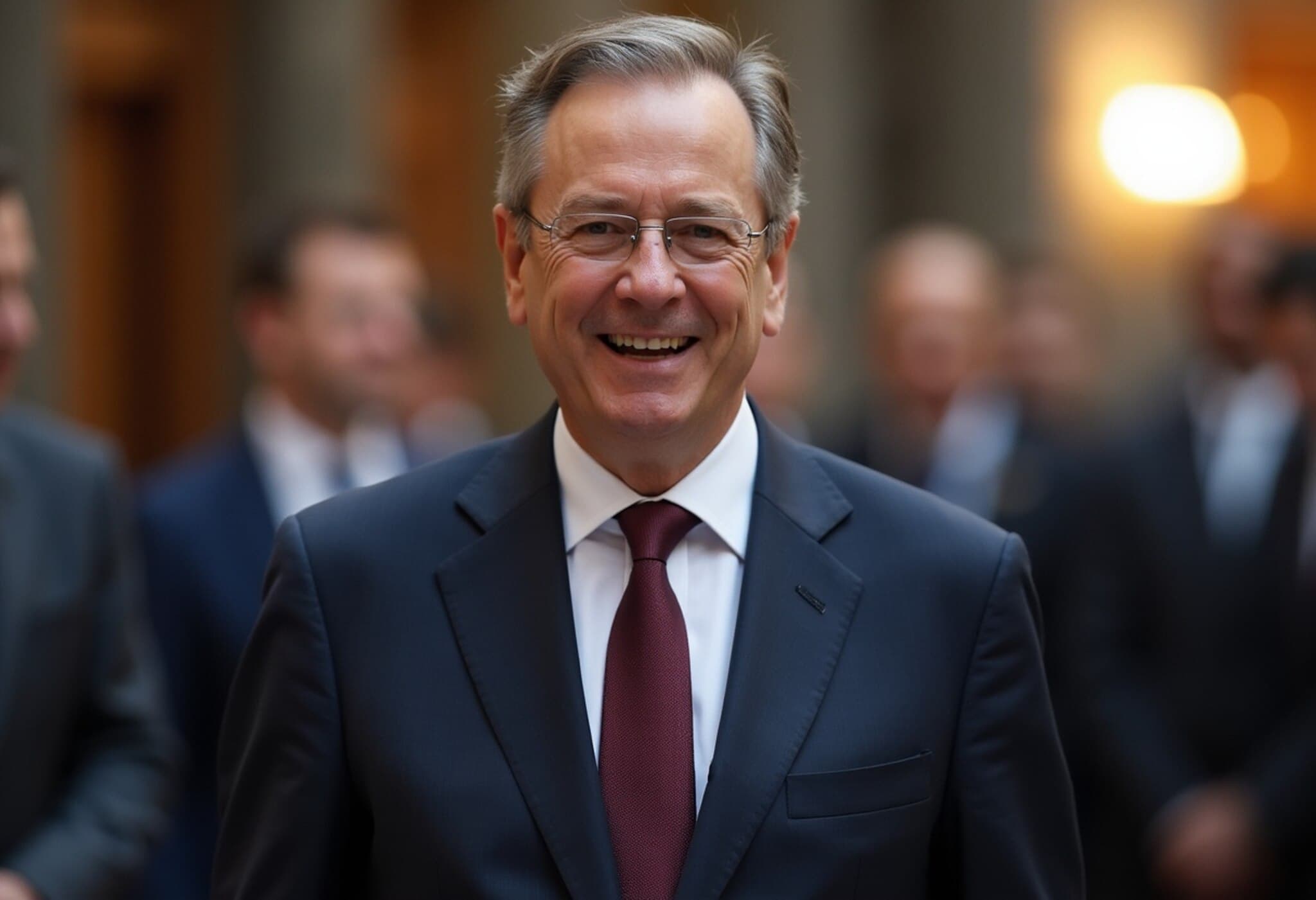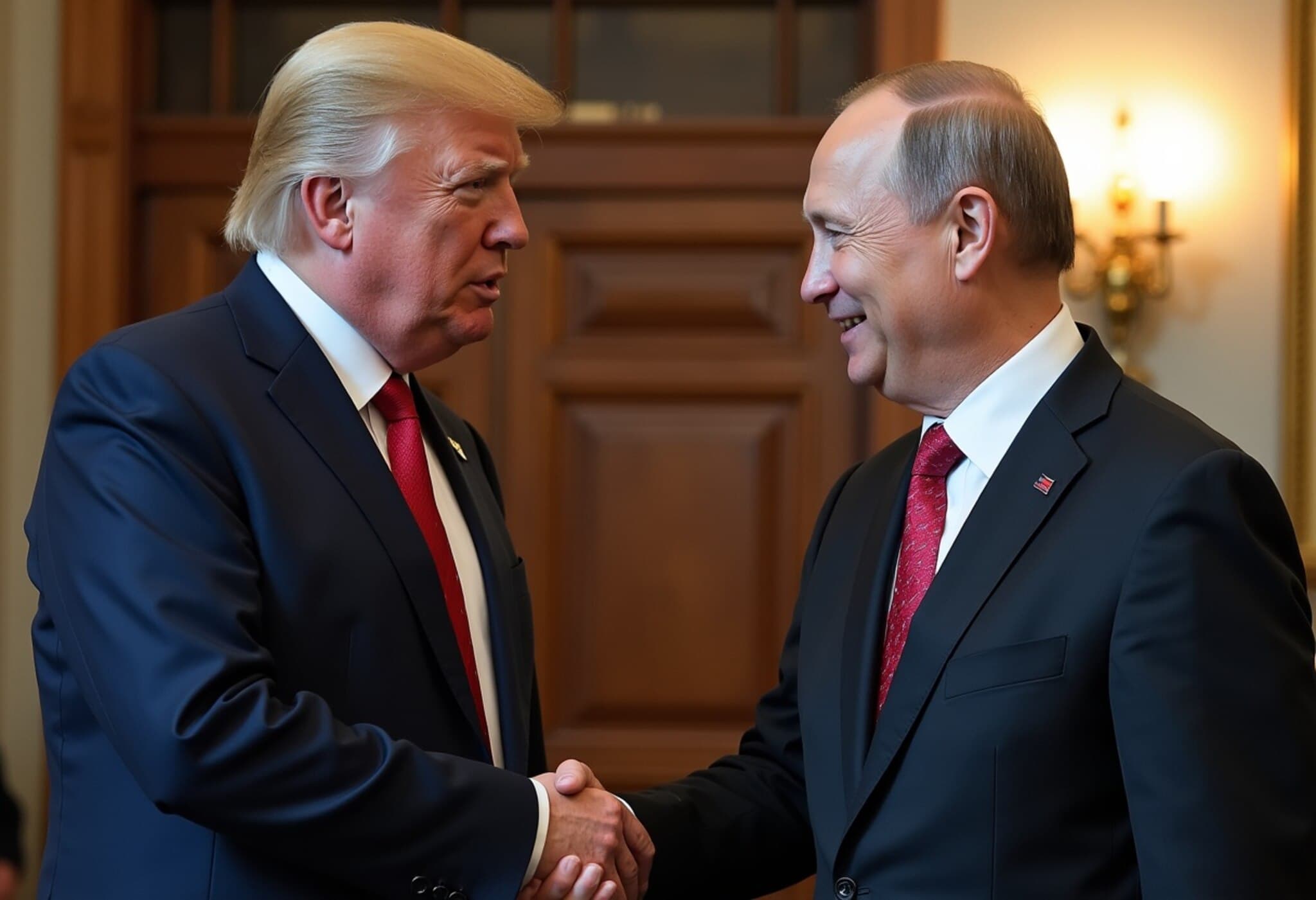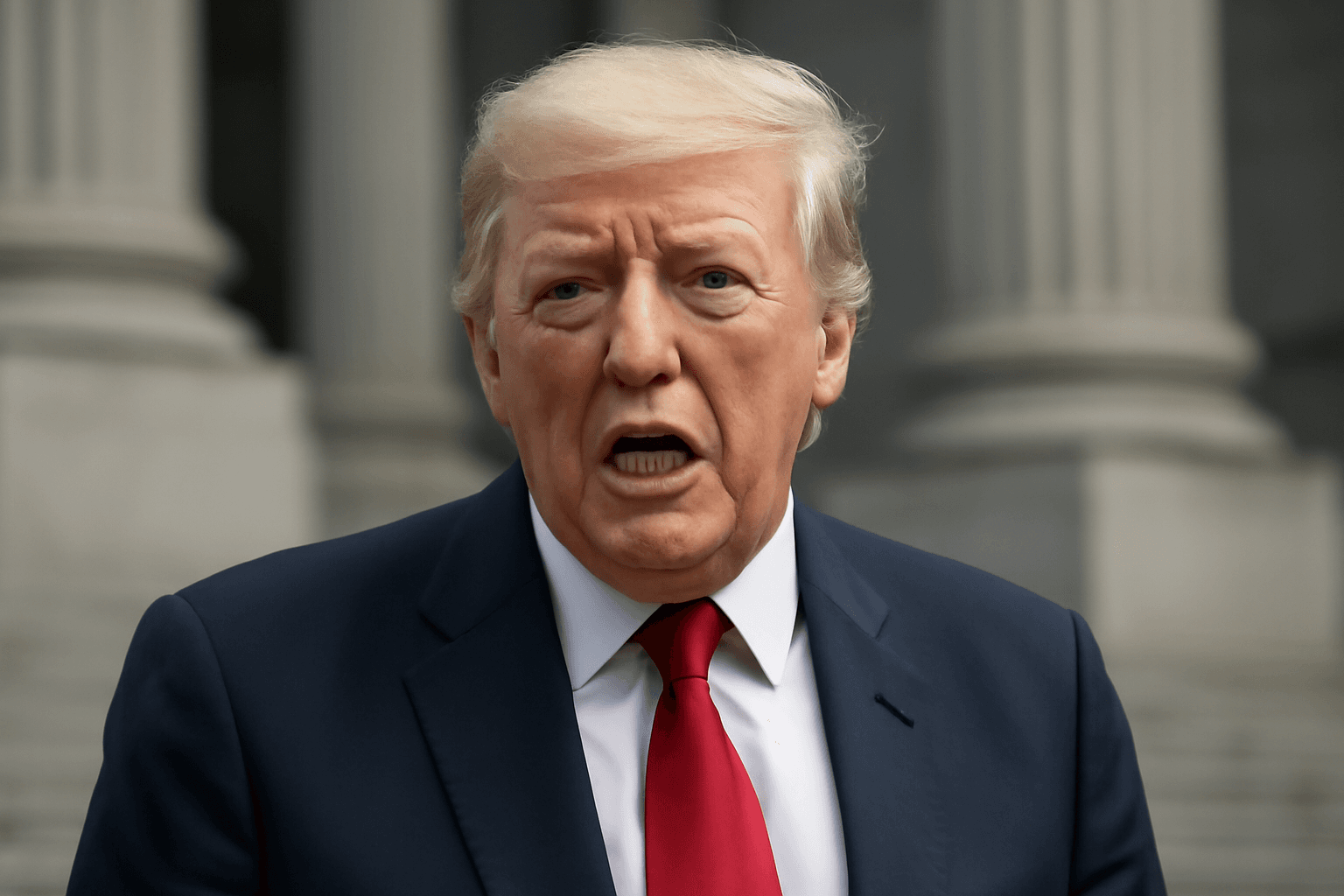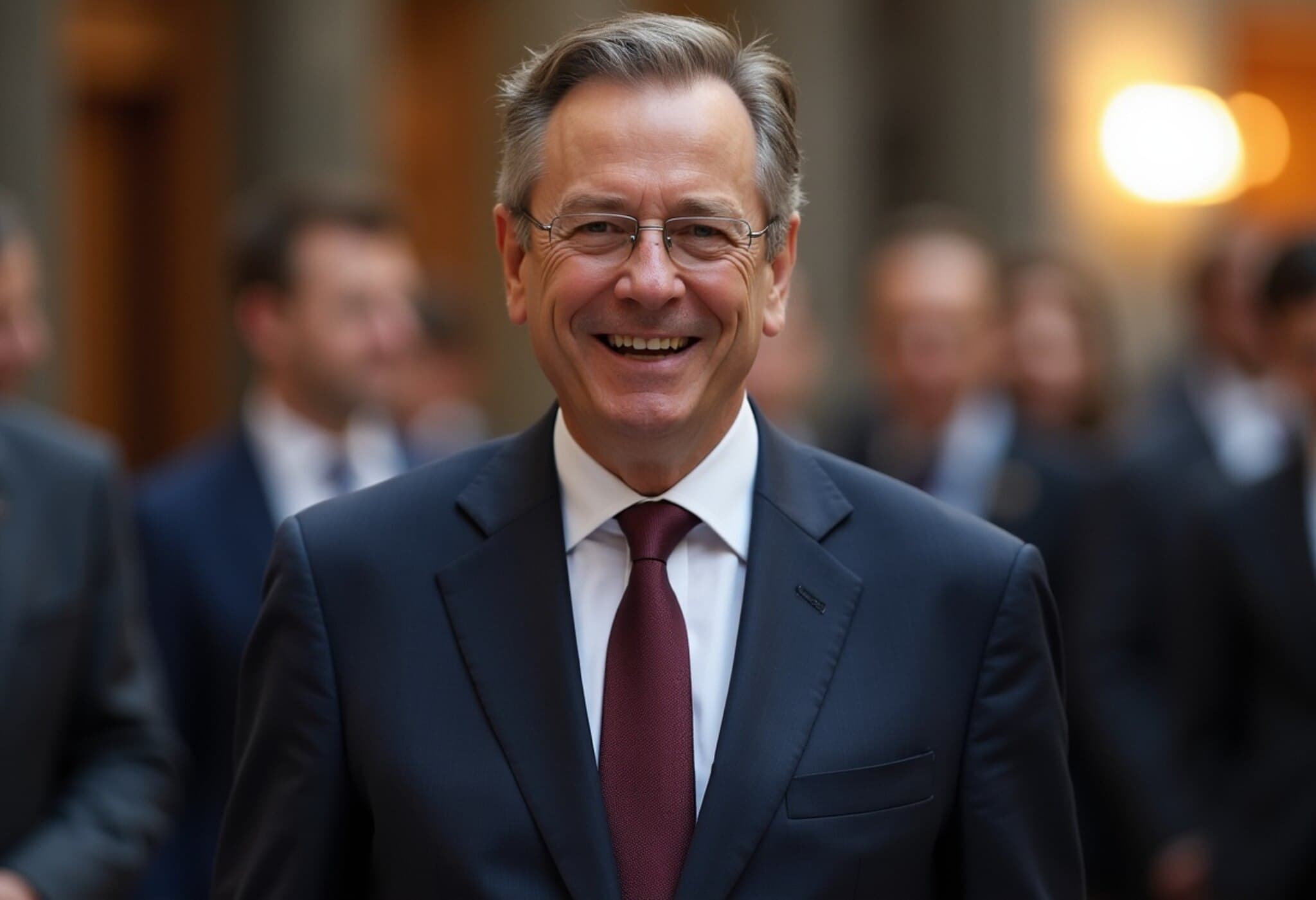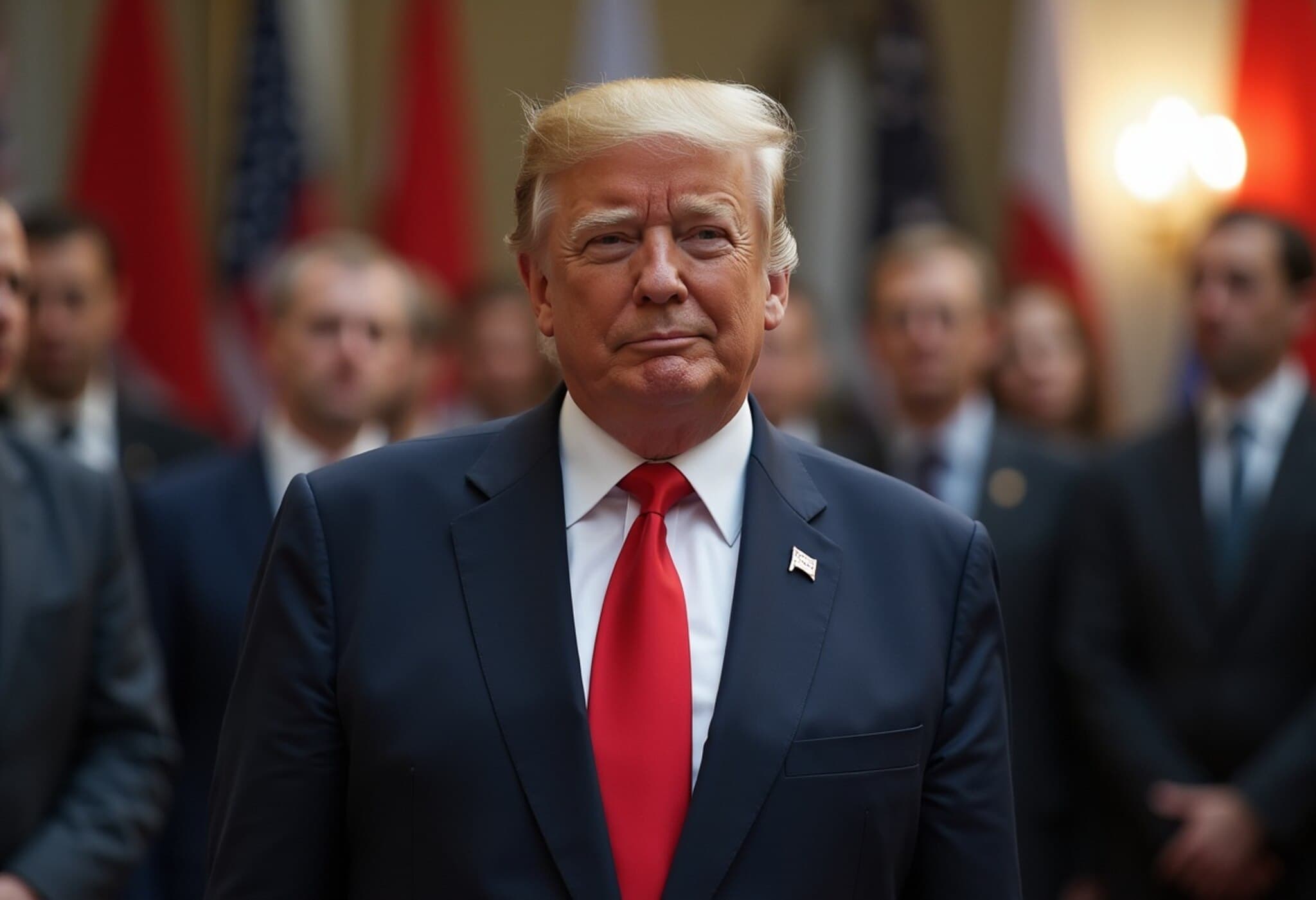Donald Tusk Retains Parliamentary Confidence After Ally's Loss
Poland's Prime Minister Donald Tusk successfully won a vote of confidence in the Sejm, the country's lower house of parliament, on Wednesday, reaffirming his leadership despite the setback faced by his close ally in the recent presidential election.
Election Shock and Political Reality
The vote ended with 243 votes in favor and 210 against, with no abstentions, sparking cheers and chants of Tusk’s name among his supporters. The confidence motion came in the wake of the June 1 presidential race, where Warsaw Mayor Rafał Trzaskowski, a key Tusk ally, was narrowly defeated by nationalist historian Karol Nawrocki.
Nawrocki, endorsed by former U.S. President Donald Trump, is poised to succeed conservative President Andrzej Duda, who had long opposed Tusk’s reform initiatives. This outcome signifies a shift, replacing a president resistant to change with another equally skeptical of Tusk’s agenda.
Tusk’s Response to New Challenges
Speaking ahead of the vote, Tusk acknowledged the shifting political landscape. “I am asking for a vote of confidence with full conviction that we have a mandate to govern, to take full responsibility for what is happening in Poland,” he declared.
He admitted that the defeat highlighted the difficult road ahead, but remained optimistic about the ongoing support for his vision, citing the narrow margin as evidence of resilient backing.
Coalition Struggles and Internal Pressures
The election results have intensified tensions within Tusk’s fragile coalition, which ranges across the political spectrum from center-left to center-right. This alliance has faced mounting criticism for stalling on key campaign promises such as liberalizing abortion laws and legalizing same-sex civil unions.
Many coalition members are questioning Tusk’s leadership, debating whether to maintain their partnership or risk breaking ranks. In light of these challenges, Tusk unveiled plans to reorganize his cabinet in July, introducing fresh faces to rejuvenate the government. He also intends to appoint a government spokesperson in June to better coordinate messaging—a shift from his previous approach of communicating primarily through social media and public briefings.
Political Divides on Display
The session itself underscored deep political divisions. Approximately half of the parliament hall was notably empty, with members of the right-wing Law and Justice party boycotting Tusk’s address—a move the prime minister condemned as disrespectful to the nation.
Adding to the discord, far-right lawmaker Grzegorz Braun sparked controversy by vandalizing an exhibition supporting LGBTQ+ equality within the parliament corridors. Braun, known for provocative acts including accusations of antisemitism and extinguishing Hanukkah candles with a fire extinguisher, garnered over 6% support as a presidential candidate in the first election round.
A Veteran Leader Navigates a Turbulent Political Era
Donald Tusk, who previously served as Poland’s prime minister from 2007 to 2014 and as president of the European Council from 2014 to 2019, returned to lead Poland in December 2023 amid a backdrop of pandemic recovery, inflation crises, and deep political polarization.
Despite the hurdles, Tusk remains resolute, emphasizing, “I know the taste of victory, I know the bitterness of defeat, but I don’t know the word surrender.” As Poland braces for further political challenges, all eyes will be on how this seasoned statesman manages his coalition and responds to the rising nationalist tide ahead of the 2027 parliamentary elections.

